
“Therapy was found to be safe and tolerable. This initial data formed the basis for further exploration that is currently ongoing in the IGNYTE-ESO study,” investigator Sandra P. D’Angelo, MD, tells CGTL.

“Therapy was found to be safe and tolerable. This initial data formed the basis for further exploration that is currently ongoing in the IGNYTE-ESO study,” investigator Sandra P. D’Angelo, MD, tells CGTL.

High response rates were seen in patients that would not meet ZUMA-2 eligibility criteria.
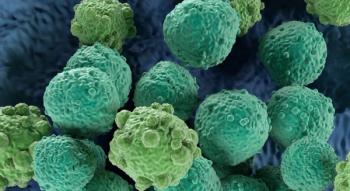
No differences were found in overall survival and progression free survival across races.

A recent meta-analysis reviewed data across 146 patients in 9 clinical trials.

Relma-cel was previously approved in China in September 2021 for the treatment of B-cell non-Hodgkin lymphoma.

A phase 1 trial evaluated the combination in patients regardless of PD-L1 status and no differences were seen between those negative or positive.
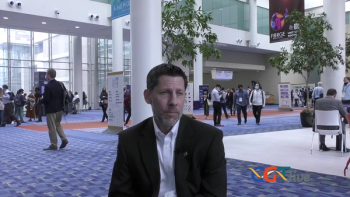
The cofounder, president, and chief executive officer of Forge Biologics discussed the company’s approach to gene therapy manufacturing.
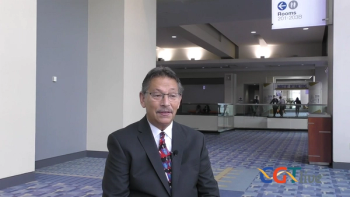
The renowned professor from University of California Los Angeles reflected on receiving the Outstanding Achievement Award from the ASGCT.

Treated patients had significant improvements in fatigue and lymphoma symptoms.

RP-L301 also improved hemolysis and eliminated the need for red blood cell transfusions for up to 1year after therapy.

The chief executive officer of Ring Therapeutics, Tuyen Ong, MD, discussed the potential of anellovirus vectors for use in gene therapy.
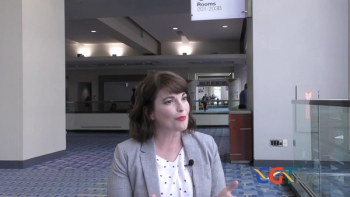
The vice president of neuroscience at Sangamo Therapeutics discussed identifying novel capsids with improved neuronal transduction to the CNS.
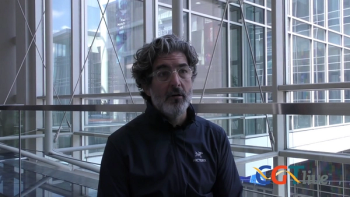
The chief scientific officer of Sangamo Therapeutics discussed the first-in-human STEADFAST trial.

All study participants met criteria to remain off enzyme replacement therapy through 104 weeks after treatment.
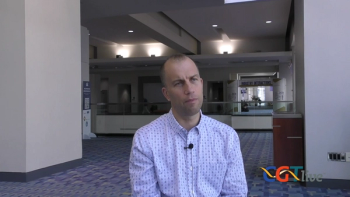
The director of the Liver Tumor Program at Texas Children’s Hospital discussed a phase 1 study of CAR NK T-cells in neuroblastoma.

The cell therapy was tolerated although there was a SUSAR of GGT elevations.
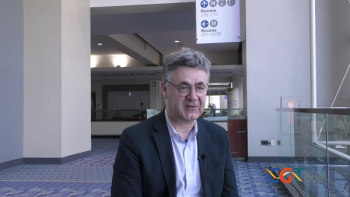
The senior investigator from NINDS discussed findings investigating serious AEs across different trials.
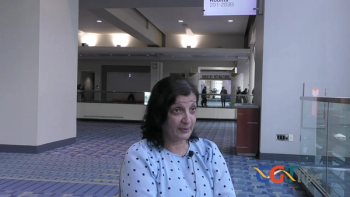
The clinical professor of pediatrics at Stanford Medicine discussed positive interim findings from a phase 1 study of RP-L301.
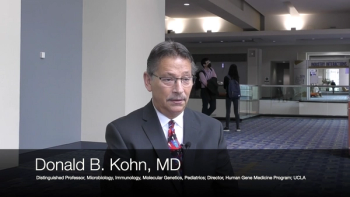
In an interview with CGTLive, study primary investigator Donald Kohn, MD, discussed the safety and efficacy observed in the phase 2 trial.
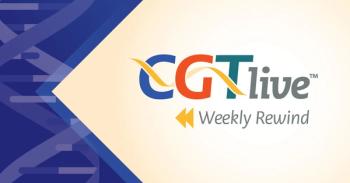
Review top news and interview highlights from the week ending May 20, 2022.
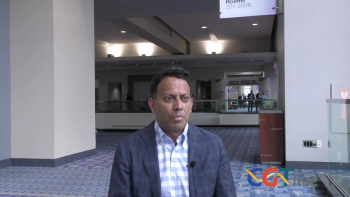
The director of the leukodystrophy service at Mass Gen discussed progress dosing in the phase 1/2 trial.

Motor and pulmonary function have stabilized or improved in participants treated with SGT-001.

Findings from a preclinical study, which are in contrast with the current biphasic recovery model, have implications for both HSC transplantation and gene therapy.

The assistant professor of oncology at UNC School of Medicine discussed the first-in-human study being conducted with CT-0508.

Investigators from Seattle Children’s Hospital found that engineered T-cell regulatory products demonstrated significant suppression of effector T cells.
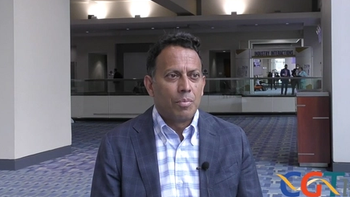
The director of the leukodystrophy service at Mass Gen discussed the phase 1/2 study of AXO-AAV-GM2.
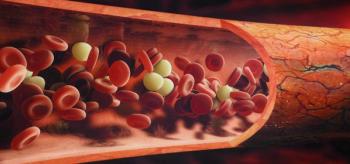
The trial met its primary efficacy end point, and participants reported improvements in quality-of-life factors such as outlook on the future and feelings about having hemophilia.
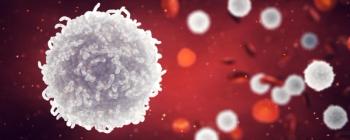
The interim study results presented at ASGCT 2022 likely represent the longest follow-up data to date for the largest cohort of infants with XSCID treated with lentiviral vector gene therapy.
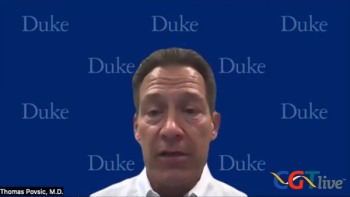
Safety and efficacy data suggest this to be a feasible and clinically meaningful treatment for a patient population with high disease burden.

Catch up on the latest news and announcements in cell and gene therapies presented at the annual ASGCT meeting.